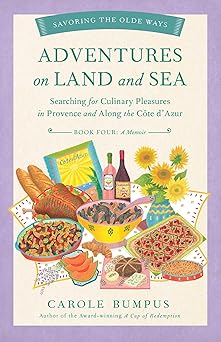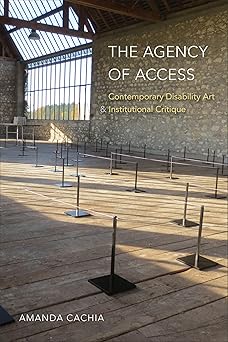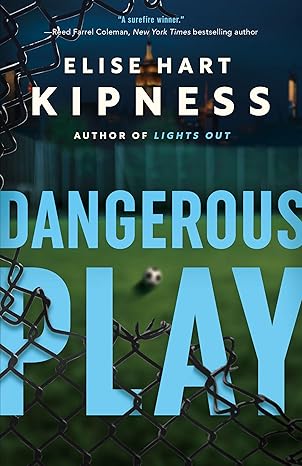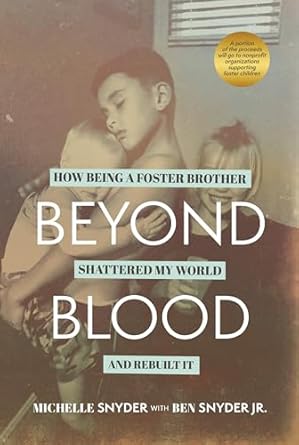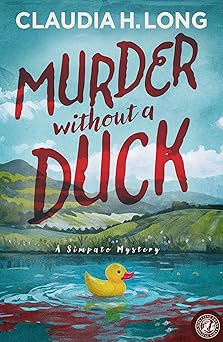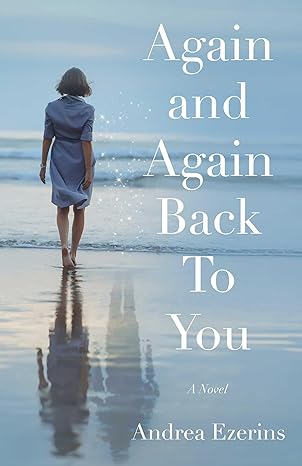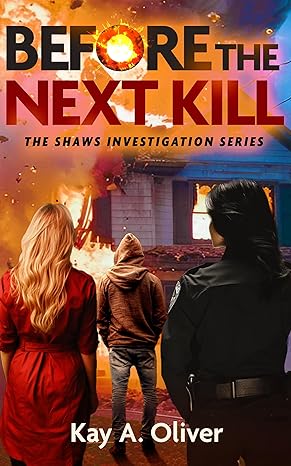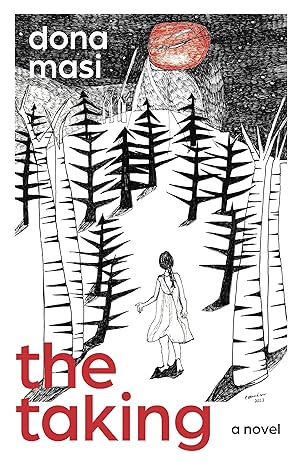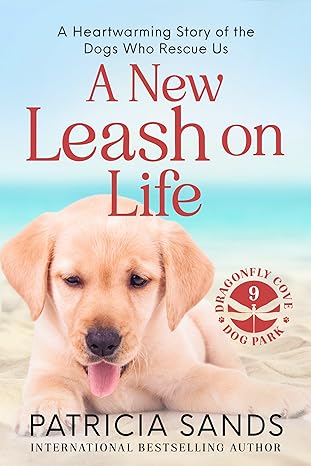On Writing WHITE by Aviva Rubin
My debut novel WHITE has been a long time coming. I’ve been working on it for well over a decade. The story bush-wacked its way across the country, creating then killing off characters, plot lines, scenes and locations. I’m so grateful I’ll only write a first novel once. All that executing and traipsing about is exhausting. Can one really be led so astray by the false starts and off-brand choices of their own characters? What the hell are you doing in Vancouver, then in Orangeville, Sarah? I guess it took me a while to figure out who she was. The interesting thing about writing a novel over such a long time, is that not only do the characters evolve and change, but the social, political, cultural and economic context into which the novel is birthed, also does.
WHITE, the story of Sarah Cartell who grows up in a White supremacist family with a tyrant of a grandfather at the helm, and every intention of following his lead, meets people when she is still a kid who blow these views apart. She rejects her family heritage and determines to take down a movement from the inside – with dire consequences. While the story is grounded in the North American history of White supremacy, it is also very much about intergenerational family trauma, the complexity of loving people who hold oppressive beliefs, and the difficulty of extricating oneself fully from that world and feeling entitled to be someone else, somewhere else.
In part, WHITE was inspired by a very dear friend who infiltrated a White nationalist women’s group in Montreal in the 1990’s. That was not her own family’s story but because she could pass in that world, she felt duty bound to expose what was happening there. The novel was also influenced by what I learned and witnessed as an anti-fascist and anti-racist activist in Toronto (also in the 90’s) when Holocaust denial, Ernst Zundel, the Heritage Front, White power and neo-Nazi groups were flourishing in the US and Canada, and the highest courts were being challenged around freedom of speech, hate speech and the right to say anything.
At that time, White supremacy, while a profoundly oppressive anti-Semitic and racist ideology, was shocking, it was very much fringe. And those of us who felt it to be a threat and worthy of chasing down and exposing, were kind of seen as fringe too. Was there really anything to worry about in a world that seemed to be progressively moving in the right direction in terms of human rights and minority rights? If WHITE had been published even as recently as during the Obama administration, it would have been seen as a harsh story, but not a cautionary tale. Today, these hateful views are acceptable and legitimate in many quarters, and the right to express them is aggressively defended. I guess my point is that the impact of a work of fiction is relative, and depends very much on the context in which it lands, the moment at which it is read.
So I like to think it was meant to take me this long to write WHITE, although I will not aim for that kind of meandering longevity of craft again.
My writing process, if one can call it that, is similar to how I keep house. A lot of dragging and dropping. I once read that Margaret Atwood used index cards and had every element of her complex stories outlined well in advance –– that there were no surprises. I’ve been surprised by my novel and by Sarah’s behaviour and choices, at almost every turn. Until a few years in, I had no idea where she would end up and what would happen to her. Sometimes I felt more like a reader than a writer, hands over my eyes, worried as things took a turn for the worse. I did buy one package of index cards, but I never had a big enough wall upon which to pin the plan, or a plan to pin. Laying them out on the floor created a mess, and made it impossible to vacuum.
I’ve found also, as my characters reach literary adulthood –– in some ways a character is initially like a newborn, who ideally grows and develops –– that I treat them with more generosity and acceptance. Life is complicated and we rarely have total control over where we start, where we head and where we end. We do have control over how we treat others. Is cutting people slack and finding common ground ever a bad idea? Being empathetic and understanding of the behavior and choices of a character may even help us act that way in the real world. It didn’t start out like this, but in the end, there is only one character in WHITE who is truly unredeemable.
What I hope people take away from the book, and what I’ve learned through researching and writing it, alongside shifting world events, is that the best way to fight White Supremacy is to better understand, not just the hate, but the fears that underlie it.
—
Aviva Rubin is the mother of two young men and a Toronto-based writer of memoir, essays and social commentary. Her work has been featured in numerous anthologies, The New York Times, the Globe and Mail, Chatelaine, Toronto Life and Zoomer, amongst others. Rubin is the author of the memoir, Lost and Found in Lymphomaland –– a harrowing and funny trip through a cancer diagnosis and treatment. WHITE is her debut novel.
WEBSITE: http://avivarubin.ca/
WHITE
 Sarah Cartell grew up in a White supremacist family, controlled by her grandfather whose beliefs and violence mark them all. When an unexpected friendship, and the town librarian, open her mind and expose those beliefs as vile lies, Sarah begins digging up everything she can about the haters her family celebrate … and her grandmother and aunt who fled long ago.
Sarah Cartell grew up in a White supremacist family, controlled by her grandfather whose beliefs and violence mark them all. When an unexpected friendship, and the town librarian, open her mind and expose those beliefs as vile lies, Sarah begins digging up everything she can about the haters her family celebrate … and her grandmother and aunt who fled long ago.
Sarah infiltrates a Neo-Nazi gang by beginning a tumultuous relationship with a skinhead that excites and confuses her. As Sarah races to stop the tide of hate crimes, her new friends are put in danger and a horrifying family secret begins to emerge. This unraveling lands Sarah in a psychiatric ward, begging the question—can anyone escape the love of a hateful family, unscathed?
“WHITE” is available for Pre-Order https://www.amazon.ca/WHITE-
Category: On Writing






